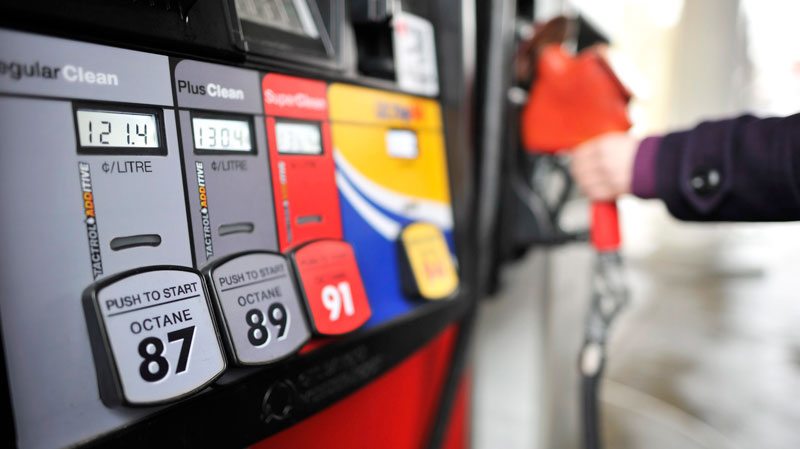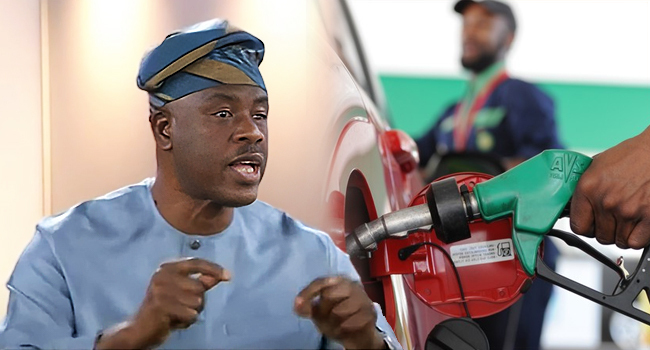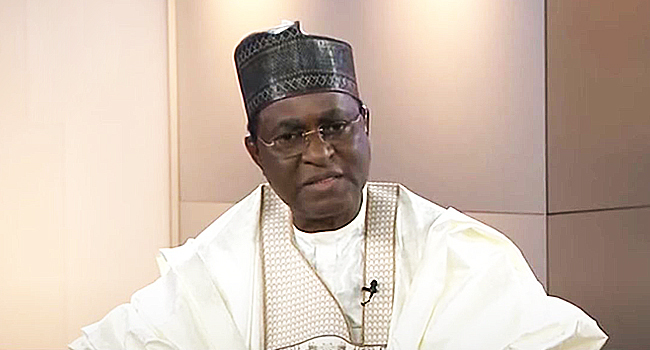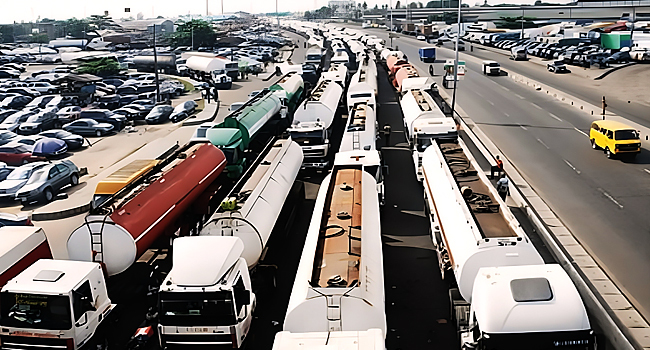State run oil company, the Nigerian National Petroleum Corporation, NNPC, yesterday was unable to account for 65,000 barrels of crude oil out of an official allocation of 445,000 barrels per day.
At a public hearing held by the Senate Committe investigating the management of fuel subsidy funds by the federal government, NNPC officials revealed that a whopping 20% of the cost of imported fuel represented the component associated with importation, the Vanguard reported.
With Nigeria’s crude selling at $97.89, that translates to a daily $6,362,850 (N939 million daily) that is unaccounted for.
Managing director of the NNPC group, Mr. Austin Oniwon led senior oficials of the corporation before the Senate committee hearing which was chaired by Senator Magnus Abe, head of the Senate Committee on Petroleum, Downstream.
The corporation attempted to give a breakdown of how the 445,000 barrels of oil allocated to it for use by local refineries is utilized. Mr. Oniwon, in so doing, disclosed that the NNPC sells 65,000 barrels of the allocation to a foreign oil company, another 65,000 barrels is sent to an Ivory Coast refinery Societe Ivoirienne De Refinnage.
The mother of all shockers, however, is the fact that the NNPC could not account for 65,000 barrels sold daily, to the tune of N939 million.
It was also revealed that off the oil barrels allocated to the NNPC on a daily basis, only 170,000 barrels were refined locally.
He said, “Warri refines 80,000 barrels; Port Harcourt, 90,000 barrels, while Kaduna refinery is shut down due to the problems with the pipelines.”
The Vanguard further reported that the NNPC swapped 60,000 barrels daily for refined products with United Kingdom based company Trafigura, while another 90,000 barrels per day was swapped for product with Duke oil, a subsidiary of the NNPC.
On the retail price of crude, he told the committee that the corporation before 2003 was buying crude oil locally at a reduced price, paying between $9.50 and $22 per barrel between 1999 and 2003, but a change of policy has led the NNPC to buy crude at the international oil market price.
Mr. Oniwon also revealed to the committee that subsidy has been abused at all levels saying, “Whether at the crude level or at the product level, subsidy was subject to abuse, phasing it out completely was the way forward.”
Senate members expressed concerns that the products covered by subsidies were left in the hands of the beneficiaries. They said as much to Mr. Reginald Elijah, the Executive Secretary of the Petroleum Products Pricing Regulatory Agency (PPPRA), however, he said it was not within the purview of the agency to provide security at the tank farms where imported products were stored even after paying subsidies.
According to the Vanguard, Mr. Elijah, while listing the components of the subsidy, noted that there were various charges, as well as the actual price of crude in the international market.
He said the price of crude accounted for 80 percent of what becomes the pump price of PMS, adding that the other 20 percent presented charges from storage, finance, administration, freight and distribution elements.
Contrary to wide spread belief that refining petroleum product in the country will bring about cheaper products, the Executive Secretary of the Petroleum Products Pricing Regulation Agency (PPPRA), Mr. Reginal Elijah has revealed that locally refined petrol in Nigeria will only save N11.87k per liter.
He said the discount will come off the N140.78K landing price of imported products. Mr. Reginald Stanley told Senators today, at the oil subsidy hearing that because the NNPC buys crude oil at the internation flat rate, the difference in cost of subsidy between locally produced and imported products is marginal.
Senator Abe, chairman of the committee concluded that the subsidy on diesel and kerosene amounted to a sham by oil companies.
He said, “I do not understand what talk about deregulation because what we have in this country is for oil companies to come together and connive to import AGO and sell to the public. Clearly what is happening in the market is not deregulation it is price fixing.”




